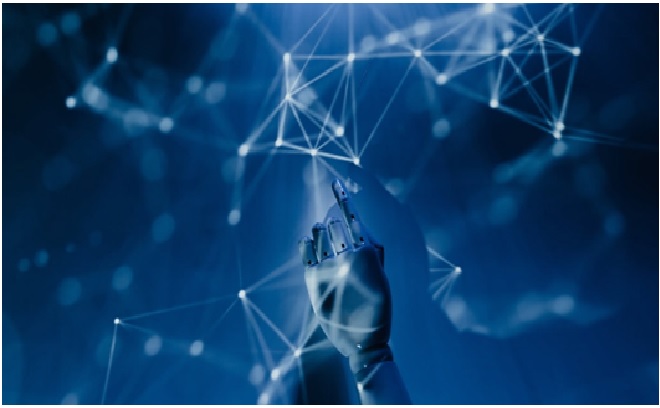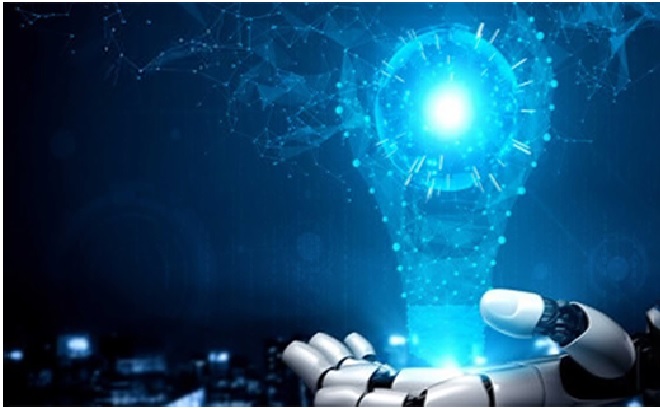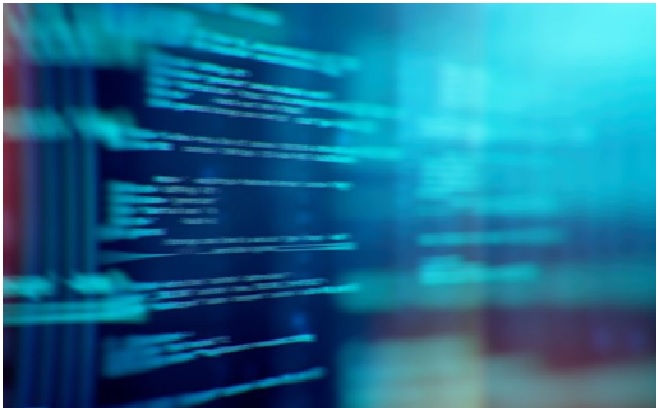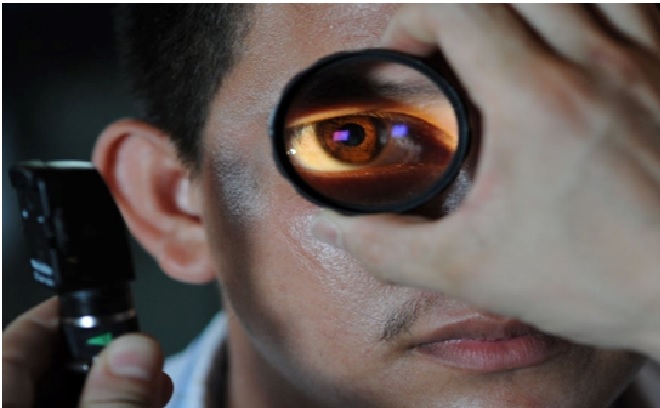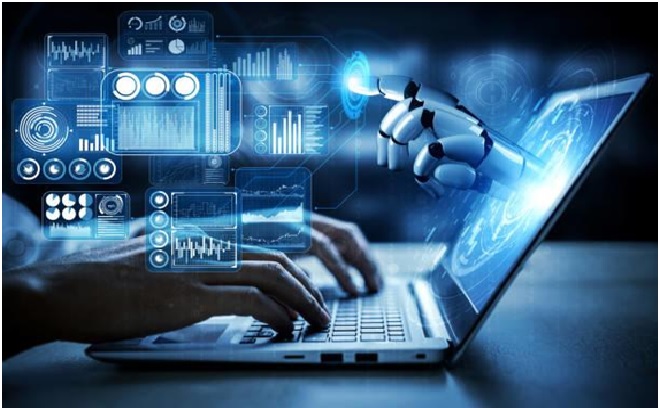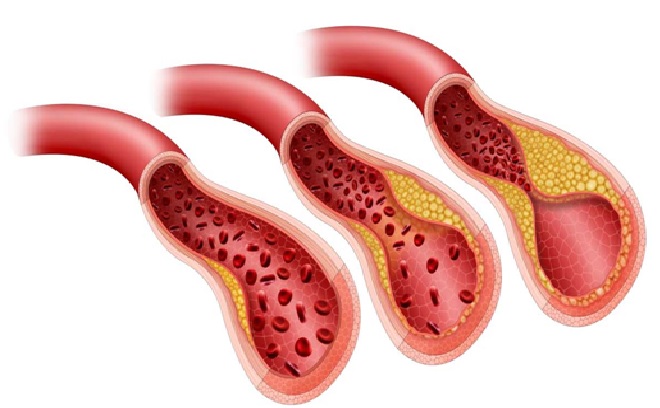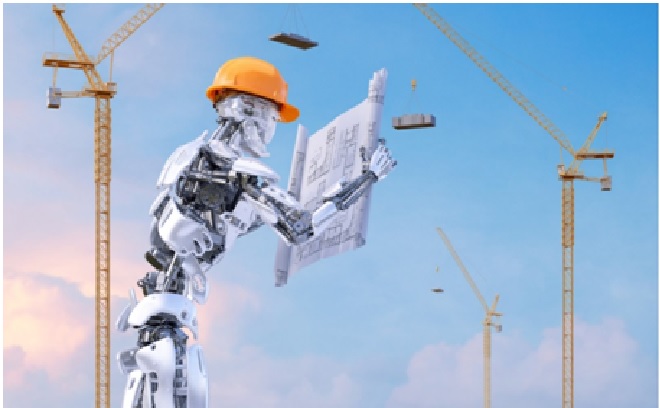Accepting AI as an Inventor in Federal Circuit Panel
A Federal Circuit panel homed in on the query of tips on how to outline “inventor” and “individual” in a check case for synthetic intelligence inventorship, drawing skepticism from at the least two judges.
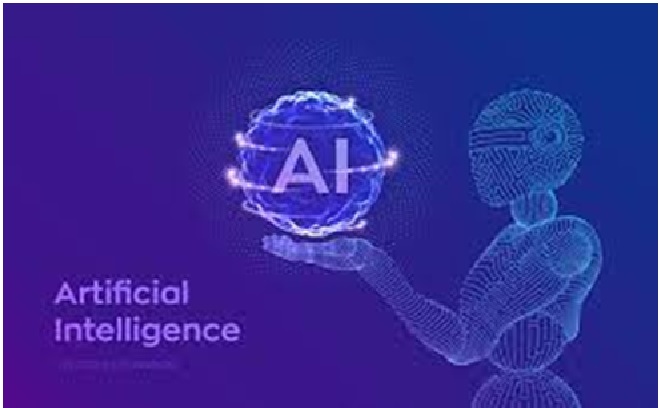
Figure 1: AI as an inventor in federal circuit panel.
Figure 1 shows that the time period “individual” as used within the Patent Act needs to be interpreted broadly, extending to synthetic intelligence machines reminiscent of DABUS, which pc scientist Stephen Thaler listed because the inventor on two patent functions, Ryan Abbott, an accomplice at Brown, Neri, Smith & Khan LLP, argued to the US Court of Appeals for the Federal Circuit on Monday.
Taranto famous that in some circumstances it might be “odd” to record an AI as an inventor. Artificial intelligence refers to a functionality, he mentioned, citing dictionary definitions.
“My general sense has been that the term artificial intelligence is nearly always and, in some dictionaries, only used to refer to the capability, not the machine that has it,” Taranto mentioned. [1]
The Patent Act has been “routinely” interpreted to promote innovation, Abbott said. Abbott said he wasn’t aware of any case that has interpreted the term more recently. Reading individual to mean natural person, though, wouldn’t be consistent with Congress’s intent in passing the Patent Act, Abbott argued.
Attorneys said his international journey aims more to modernize laws to recognize AI inventorship rather than score a big win in the courtroom.
The US Patent and Trademark Office and the US District Court for the Eastern District of Virginia’s decisions saying DABUS can’t be an inventor on two applications sets a precedent that stymies innovation, Thaler has argued. [2]
The Patent Act defines an inventor as “individuals, or if a joint invention, the persons collectively inventing or discovering the subject matter of the invention”.
DABUS is not a human, and therefore does not qualify as an inventor, Barghan said.
Moore and Taranto questioned Barghan whether the person who creates the code that programs the computer, then creates the genetic sequence, a vaccine, or any other invention, would be the inventor.
Designating a human programmer as the inventor would not solve the problem, he said, because it is possible that someone could invent some code that is then used on the thousands of machines that produce an invention called the original programmer doesn’t even know exists.
References:
- https://daystech.org/federal-circuit-panel-balks-at-accepting-ai-as-inventor/
- https://news.bloomberglaw.com/ip-law/federal-circuit-panel-balks-at-accepting-ai-as-inventor
- https://biz.crast.net/federal-circuit-panel-balks-on-accepting-ai-as-inventor/
Cite this article:
Sri Vasagi K (2022), Accepting AI as an Inventor in Federal Circuit Panel, AnaTechMaz, pp.114


